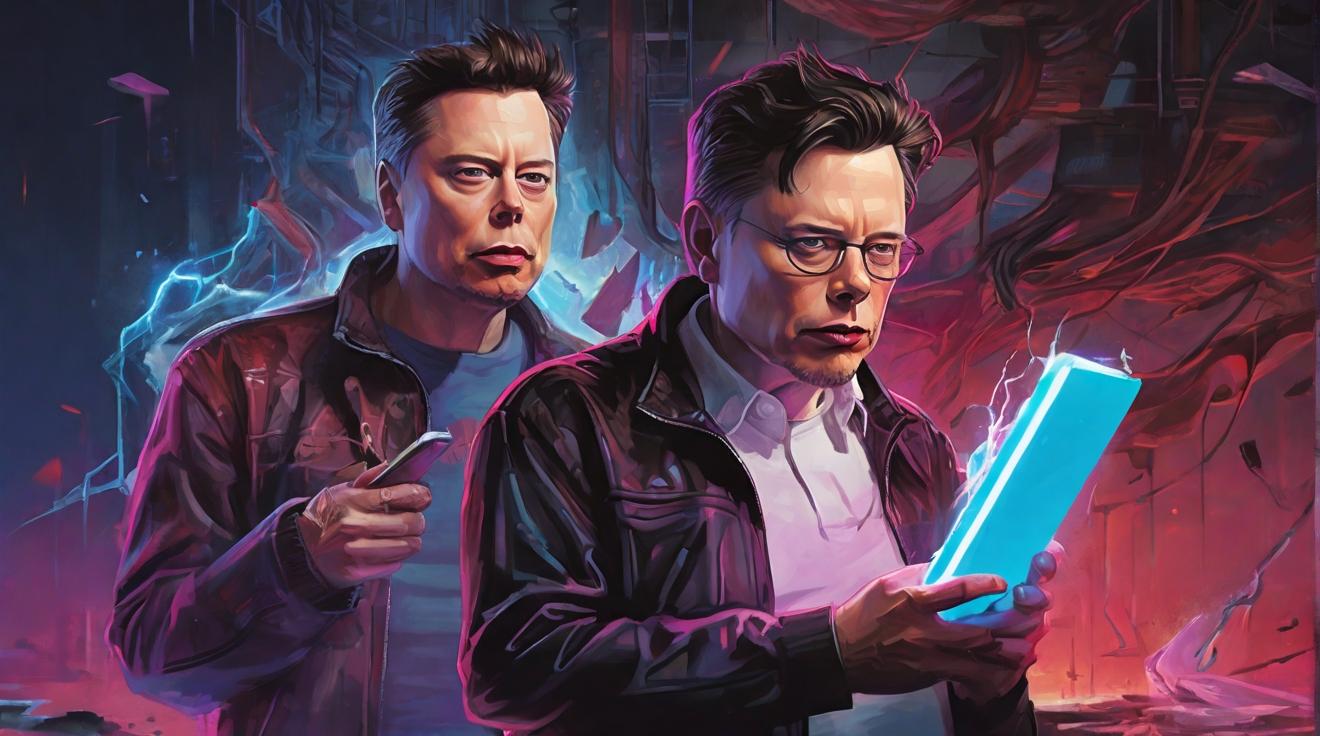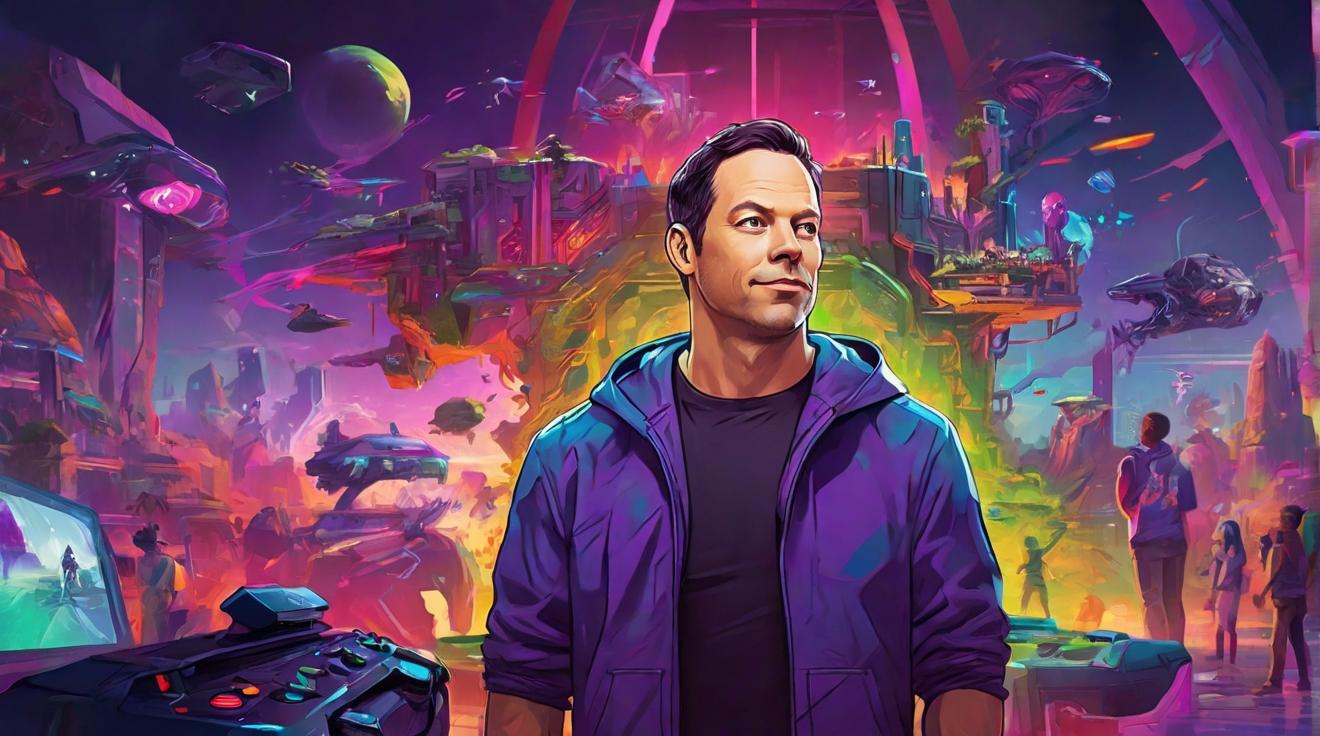OpenAI’s Ambitious Plan: From Chatbot to Operating System
Since joining OpenAI in 2022 as head of ChatGPT, Nick Turley has spearheaded the product’s commercial growth, now boasting 800 million weekly active users. Turley is pushing the boundaries further by envisioning ChatGPT as a new kind of operating system, integrating third-party applications and evolving how users interact with software.
Turley draws inspiration from web browsers, which have transformed into de facto operating systems by hosting diverse web applications. Similarly, ChatGPT aims to become a platform where users can access specialized apps for writing, coding, commerce, and more, all within the conversational interface. OpenAI’s prior initiatives, including ChatGPT plugins and the GPT Store, laid groundwork but failed to gain significant traction. This new approach embeds apps directly into ChatGPT’s core experience, enabling developers to reach its vast user base during everyday interactions.
Expanding the Ecosystem: Hardware and Beyond
Alongside software ambitions, OpenAI is reportedly developing a browser and collaborating with Apple design veterans, including Jony Ive, to create a family of hardware devices. This multi-faceted ecosystem could position ChatGPT as a central hub for AI-driven consumer experiences.
Monetization Through Apps and E-Commerce
Embedding apps from companies like Expedia, DoorDash, and Uber aligns with OpenAI’s vision to turn ChatGPT into an e-commerce destination. This integration not only enhances user convenience but also opens new revenue streams for both OpenAI and third-party developers. Turley highlights that apps are no longer isolated add-ons but integral to the ChatGPT experience, allowing developers to build interactive, business-driving applications beyond simple chatbots.
Navigating Privacy and Data Access Challenges
With third-party apps accessing ChatGPT users, privacy remains a key concern. OpenAI mandates developers to collect only minimal data necessary for app functionality and requires clear user disclosures. Future features may include partitioned memory to allow users to grant selective data access, enhancing control and transparency over what information is shared with different apps.
Empowering Developers and Ecosystem Growth
OpenAI’s platform offers developers access to ChatGPT’s extensive user base, encouraging the creation of innovative apps that enrich the ecosystem. This approach fosters a diverse range of applications that OpenAI itself cannot build internally. Turley envisions new classes of apps that leverage AI in ways previously impossible, similar to how mobile platforms enabled companies like Uber.
Balancing Monetization and User Experience
OpenAI is exploring whether to allow companies to pay for preferential app placement within ChatGPT. Turley stresses the need for a thoughtful approach that avoids compromising user experience or relevancy. The company is engaging with developers to determine fair distribution mechanisms, acknowledging the complexity and long-term nature of building such an ecosystem.
ChatGPT as the Delivery Vehicle for AGI
Turley emphasizes that ChatGPT is more than a product; it is the means by which OpenAI fulfills its nonprofit mission to ensure artificial general intelligence (AGI) benefits all humanity. Far from merely funding research, the consumer-facing ChatGPT platform distributes AGI capabilities directly to users, exemplified by stories of individuals learning new skills and improving lives through the AI.
“ChatGPT is the expression of our mission — it’s how we bring AGI to the masses.” — Nick Turley, Head of ChatGPT, OpenAILooking Ahead
OpenAI’s vision of transforming ChatGPT into an operating system-like platform reflects a paradigm shift in software interaction. By integrating apps, hardware, and a focus on privacy and user control, OpenAI is positioning itself at the forefront of the AI ecosystem’s future.
FinOracleAI — Market View
OpenAI’s strategy to evolve ChatGPT into a platform resembling an operating system presents significant opportunities and challenges. The company’s large user base and developer ecosystem create a fertile ground for innovative AI applications and monetization through integrated commerce.
- Opportunities: Expansion into hardware and new app categories could diversify revenue streams and solidify OpenAI’s ecosystem.
- Integration of third-party apps may accelerate adoption and increase user engagement within ChatGPT.
- Granular privacy controls and transparent data policies enhance user trust, critical for long-term success.
- Positioning ChatGPT as a delivery vehicle for AGI aligns product development with OpenAI’s core mission, potentially driving sustained innovation.
- Risks: Managing app prioritization without compromising user experience could pose ethical and operational challenges.
- Balancing monetization pressures with nonprofit goals requires careful governance to maintain public trust.
- Privacy and data-sharing complexities may slow developer adoption or invite regulatory scrutiny.
Impact: OpenAI’s transformation of ChatGPT into an operating system platform is poised to redefine human-computer interaction, offering profound implications for AI adoption, developer ecosystems, and the broader technology landscape.













